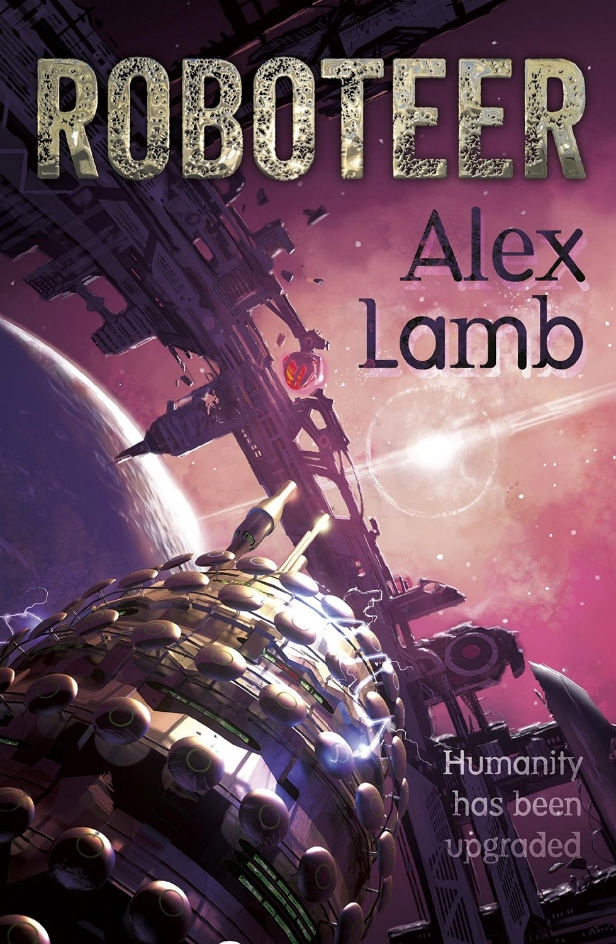In the future, wars might be fought by robots, with battle lines falling on planets many light years away. But chances are the reasons to fight will be the same: limited resources, social inequality, and religions that promote separation instead of unity.
Alex Lamb’s Roboteer depicts a future in which mankind has split itself in two. On Earth, under the rule of the Prophet, billions of standard-issue humans struggle to cope with the planet’s depleted resources.
But on the new world of Galatea, the population has found a way to genetically modify itself, creating a new race that’s adapted to space travel. They even have implants that let them communicate with robots.
Unfortunately, these advances are deemed heretical and even fascist by those left behind. Cue intergalactic conflict.
The story is told from several different perspectives, including that of titular roboteer Will, a free thinker who discovers that humanity’s only hope for survival has been downloaded into his head.
He’ll need to move fast – the interplanetary war is being observed by an alien species that’s more than willing to put humanity out of its misery if a resolution can’t be found.
Lamb’s got so many ideas that they almost spill off the pages, and telling the story from both sides is a smart way of balancing the argument. The characters are believable, and even the inevitable romance doesn’t irritate.
But considering Lamb takes pains to point out how differently women are treated on the different colonies, it’s a shame he never hands the narration over to one of his female characters.
In the future, wars might be fought by robots, but most of them will still be piloted by men, if this is anything to go by.
